Recently, it was reported that plastic straws, stirrers, and cotton buds are now officially banned in the United Kingdom. It said that the ban was supposed to come into force back in April 2020, but was postponed due to an ongoing health crisis.
The ban was imposed because straws and stirrers are largely used by the hospitality sector, which has already been under strain during the pandemic.

People with disabilities and medical conditions who require plastic straws will be exempt from the ban. The ban comes after the Government’s announcement that single-use plastic bags in England will go up 10p-double the price they are at the moment.
Campaigners have expressed concerns that these items only make up for a small amount of the country’s plastic pollution.
Tatiana, Plastics lawyer at environmental charity ClientEarth said, “Single-use plastic straws, cotton buds, and drink stirrers are some of the most pointless plastics out there. Banning them is a no-brainer, especially because reusable and non-toxic alternatives are readily available.
“But these items form only a tiny fraction of single-use plastics, which litter our environment and release toxic substances and greenhouse gas emissions when incinerated – and even when they’re made. Other countries like Ireland and France have shown far more ambition than the UK, with targets on reusable packaging and deposit return schemes,”.
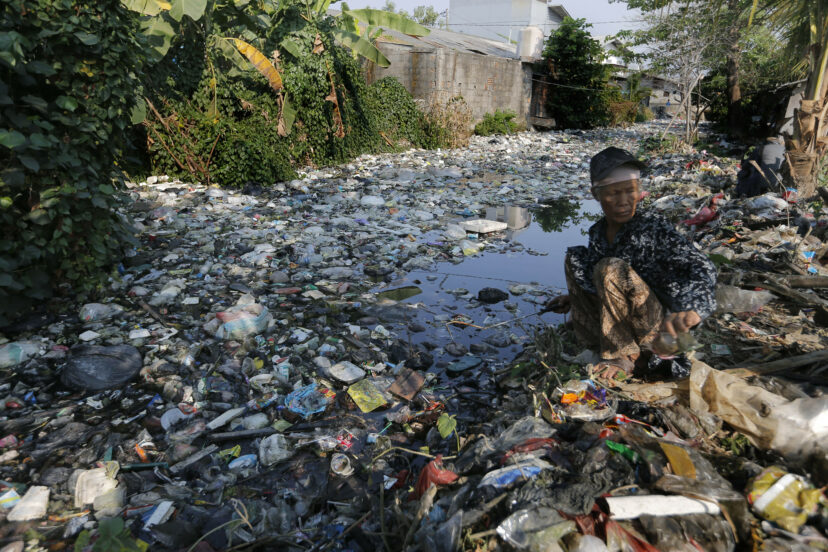
Issue of plastic pollution has been dubbed by Sir David Attenborough as a ‘global catastrophe’. In a report conducted by a charity Tearfund, which is backed by Sir David, it was stated that Britain alone exports 650,000 tonnes of plastic waste each year to places such as Indonesia and Malaysia.
In recent months, another rising concern has been the rise in single-use plastic masks and gloves in light of the ongoing pandemic.
Can be seen both items have started to litter the world’s streets and oceans, with people throwing them recklessly. It isn’t just bad for the environment, also can be harmful to those having to come into contact with them while cleaning them up.
Source: Unilad

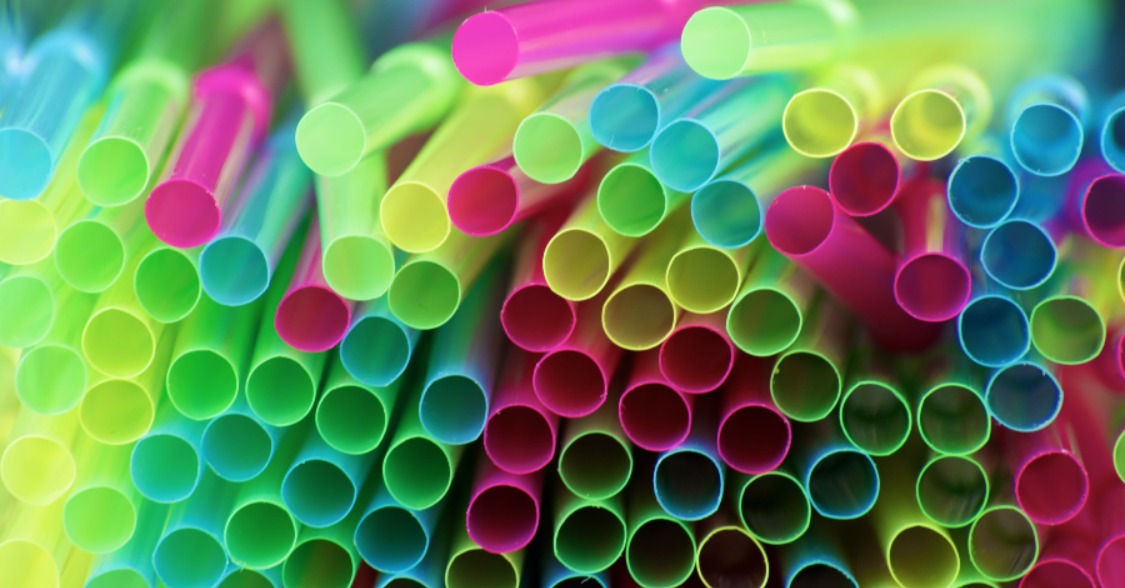
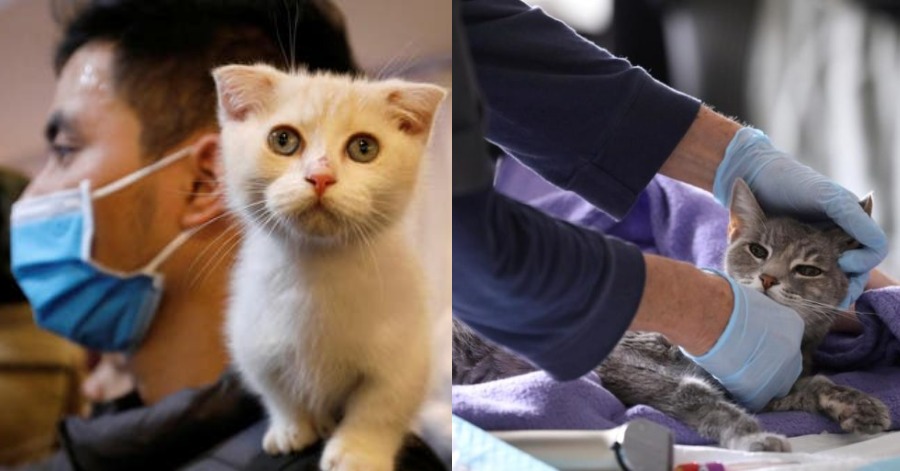
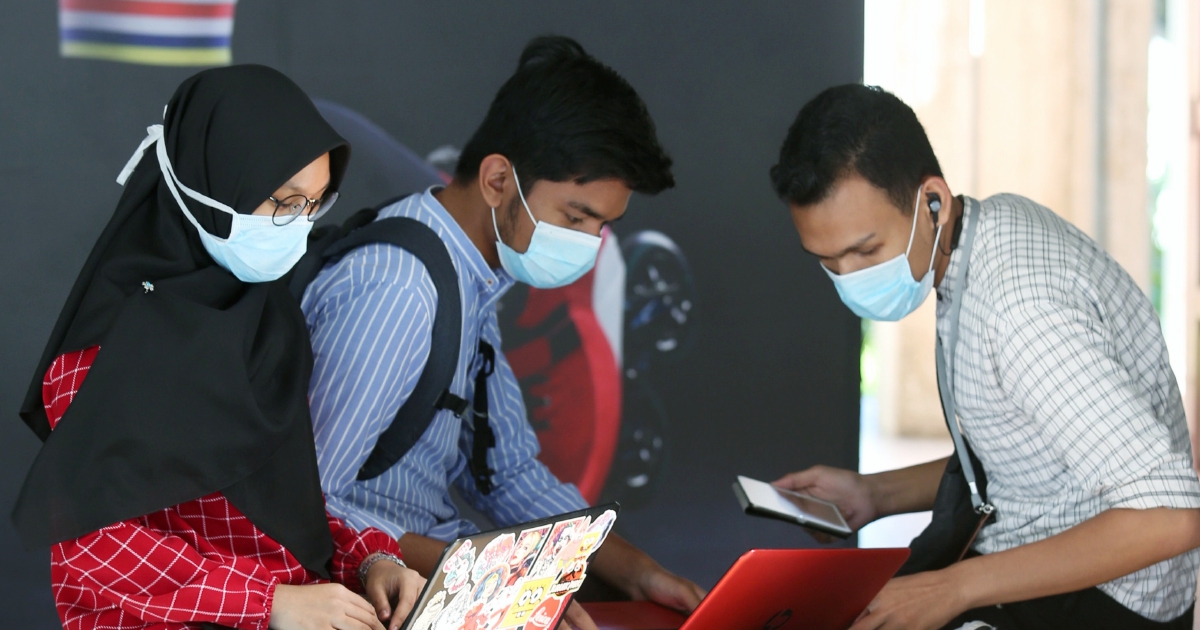

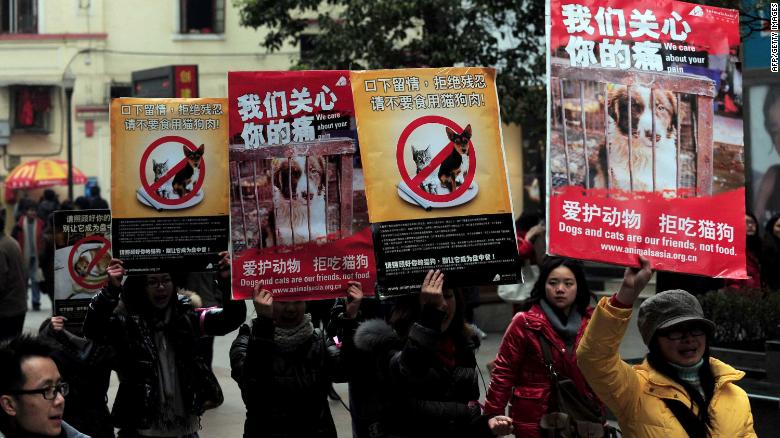
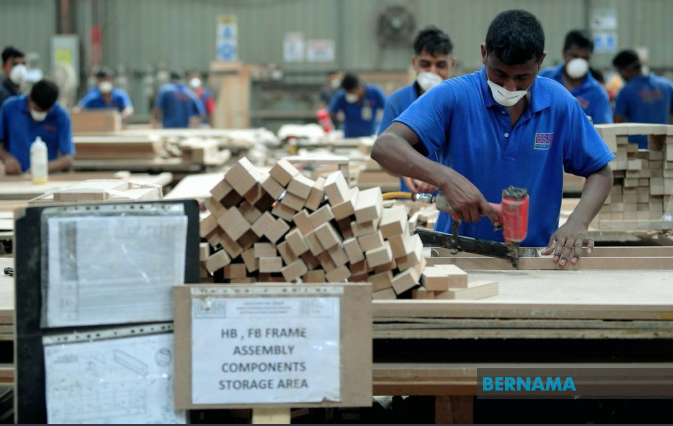


Leave a Comment